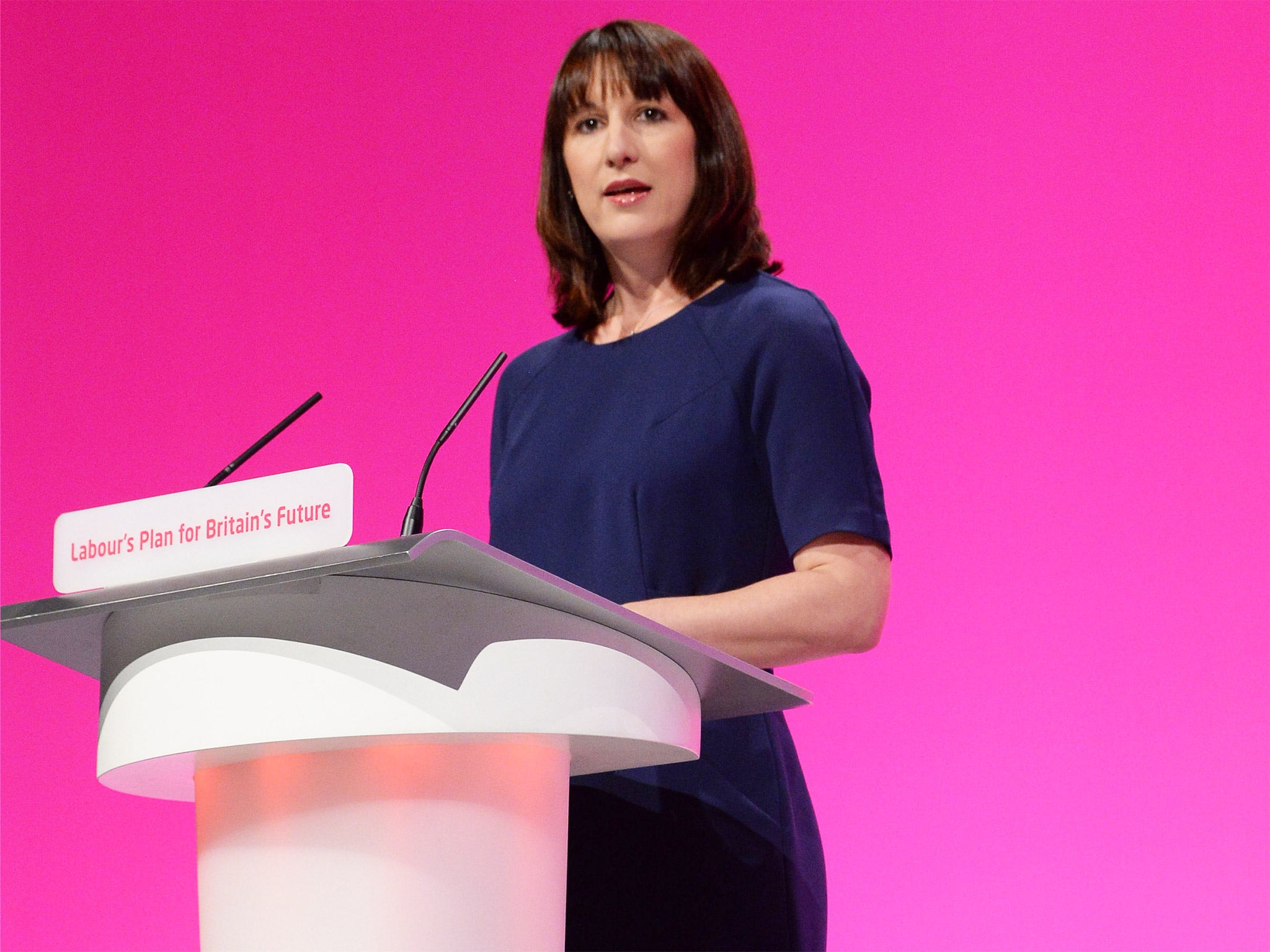Living Wage Week: Brent Council is just the start of Labour's plan to tackle low pay
4.9m people are stuck in low-paid jobs


It is a scandal that in today’s Britain, one in five people who do the right thing, work hard and contribute, don’t earn enough to live on. New figures published during Living Wage Week by the Resolution Foundation show that 4.9m people are stuck in low-paid jobs.
Today Brent’s Labour council is announcing a ground-breaking move to tackle the scandal of low pay. It is set to become the first council in the country to offer companies discounts on business rate if they pay their staff the living wage. Employers in Brent will be offered up to £5,000 off their business rates to pay it. This will mean a welcome pay rise for workers across the borough and support for businesses who are trying to do the right thing.
Brent’s announcement is a great example of how Labour is leading the way on the living wage. Some 25 Labour councils are now accredited living wage employers. Authorities like York, Islington and Birmingham have been working with local businesses and suppliers to get the living wage paid to more workers in the private sector.
But these pioneering councils are being let down by the Government’s failure to play its part in the national scandal of low pay. Since 2010 David Cameron has focused more on cutting taxes for a privileged few at the top, than acting to ensure people get a fair day’s pay. The number of people on low pay has risen, not fallen under his Government with 4.9m workers paid less than the living wage in the UK today, up from 3.4m in 2010.
The rising numbers of low paid workers has put huge pressure on millions of families across our country, forcing them to make impossible choices: heating or eating, paying the rent or paying the bills. It should be the deal that if you work hard you get a fair day's pay.
The growth in the number of low paid jobs has also come at a huge cost to taxpayers. Last year the IPPR and Resolution Foundation estimated that the number of people paid less than a living wage was costing taxpayers £1.1bn a year in extra benefits and tax credits, as well as £2.4bn a year in lost tax revenue. We can’t afford to go on like this.
In September, Ed Miliband laid out six national goals for the next Labour Government. The first goal was to halve the number of people in low paid jobs by 2025.
A Labour Government will give incentives to businesses across the country to pay the Living Wage though Make Work Pay contracts. They will give firms which sign up to paying a living wage a 12-month tax rebate of up to £1,000 or an average of £445 for every low paid worker who gets a pay rise. It’s a good deal for workers, who get a pay rise. It’s a good deal for businesses, who will be able to use the incentive to invest in the equipment or training they need to shift to a more productive, higher-wage business model. And it’s a good deal for taxpayers because of the lower social security spending, higher tax revenues and stronger economy that results.
Labour will also raise the minimum wage to over £8 an hour by 2020, and clamp down on employers who don’t pay their workers a minimum wage. Now Labour councils like Brent are leading the way in tackling low wages, Britain needs a Labour Government led by Ed Miliband to end the scandal of low pay once and for all.
Rachel Reeves is shadow Work and Pensions Secretary
Join our commenting forum
Join thought-provoking conversations, follow other Independent readers and see their replies
Comments
Bookmark popover
Removed from bookmarks